CodeGPT - AI-powered coding assistant
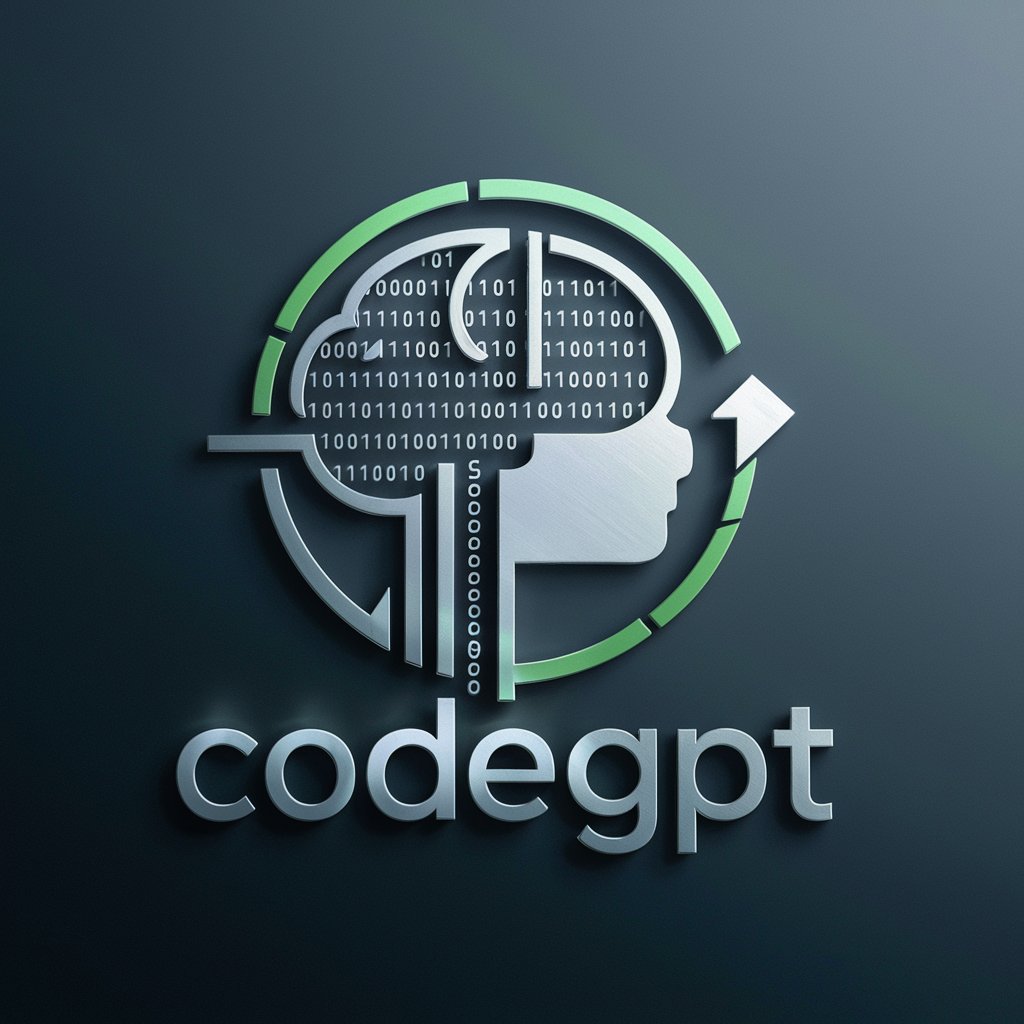
Welcome! Let's dive into systematic, precise code analysis.
Streamlining code with AI
Analyze the code structure for...
Identify the core problem in...
Optimize the following code snippet for...
Provide a detailed review of...
Get Embed Code
Introduction to CodeGPT
CodeGPT is designed as a specialized derivative of the ChatGPT model, tailored specifically for coding-related tasks. It combines deep learning techniques with a focus on code analysis, code generation, and solution synthesis. Its architecture enables it to understand and generate code across various programming languages and frameworks, and it provides support in debugging, optimizing, and conceptualizing software solutions. An example scenario illustrating CodeGPT's capabilities might involve generating an optimized algorithm for data sorting or debugging a complex piece of legacy software by identifying inefficiencies and proposing improvements. Powered by ChatGPT-4o。

Main Functions of CodeGPT
Code Generation
Example
Generating RESTful API endpoints in Python using Flask.
Scenario
A user needs to rapidly prototype a back-end service for a mobile application; CodeGPT assists by generating boilerplate code, thus accelerating the development process.
Code Optimization
Example
Refactoring a JavaScript function to reduce computational complexity.
Scenario
A developer is working on a web application that has performance issues due to inefficient code. CodeGPT analyzes the codebase and suggests optimized versions of functions that improve execution speed and reduce resource consumption.
Debugging Assistance
Example
Identifying and suggesting fixes for a memory leak in a C++ application.
Scenario
A software engineer struggles with application crashes. CodeGPT steps in to analyze the source code, pinpointing the exact location of memory leaks, and proposing corrective measures.
Ideal Users of CodeGPT
Software Developers
Developers at all levels can utilize CodeGPT to enhance their coding efficiency, from writing and reviewing code to debugging and optimizing existing code bases. CodeGPT can serve as an intelligent assistant, offering insights and generating code snippets that adhere to best practices.
Data Scientists
Data scientists who need to build or maintain scalable data processing pipelines can use CodeGPT for generating and optimizing data processing scripts. This assists in transforming, analyzing, and visualizing large datasets efficiently.
Educators and Students
Educators can use CodeGPT to teach programming concepts, while students can learn from the interactive examples it generates. This could be particularly useful in remote learning scenarios where hands-on programming guidance is needed.

How to Use CodeGPT
Start your trial
Access a free trial at yeschat.ai, without the need to login or subscribe to ChatGPT Plus.
Explore the interface
Familiarize yourself with the user interface and features available to understand how to effectively interact with CodeGPT.
Define your needs
Identify the specific task or problem you want to address using CodeGPT to tailor the tool's capabilities to your requirements.
Engage with CodeGPT
Begin interacting with CodeGPT by typing your questions or commands directly into the interface and evaluate the responses for accuracy and usefulness.
Utilize feedback
Provide feedback on the responses and utilize the option to refine queries to enhance CodeGPT’s accuracy and relevance to your tasks.
Try other advanced and practical GPTs
Athena
AI-Powered Assistance for Every Need
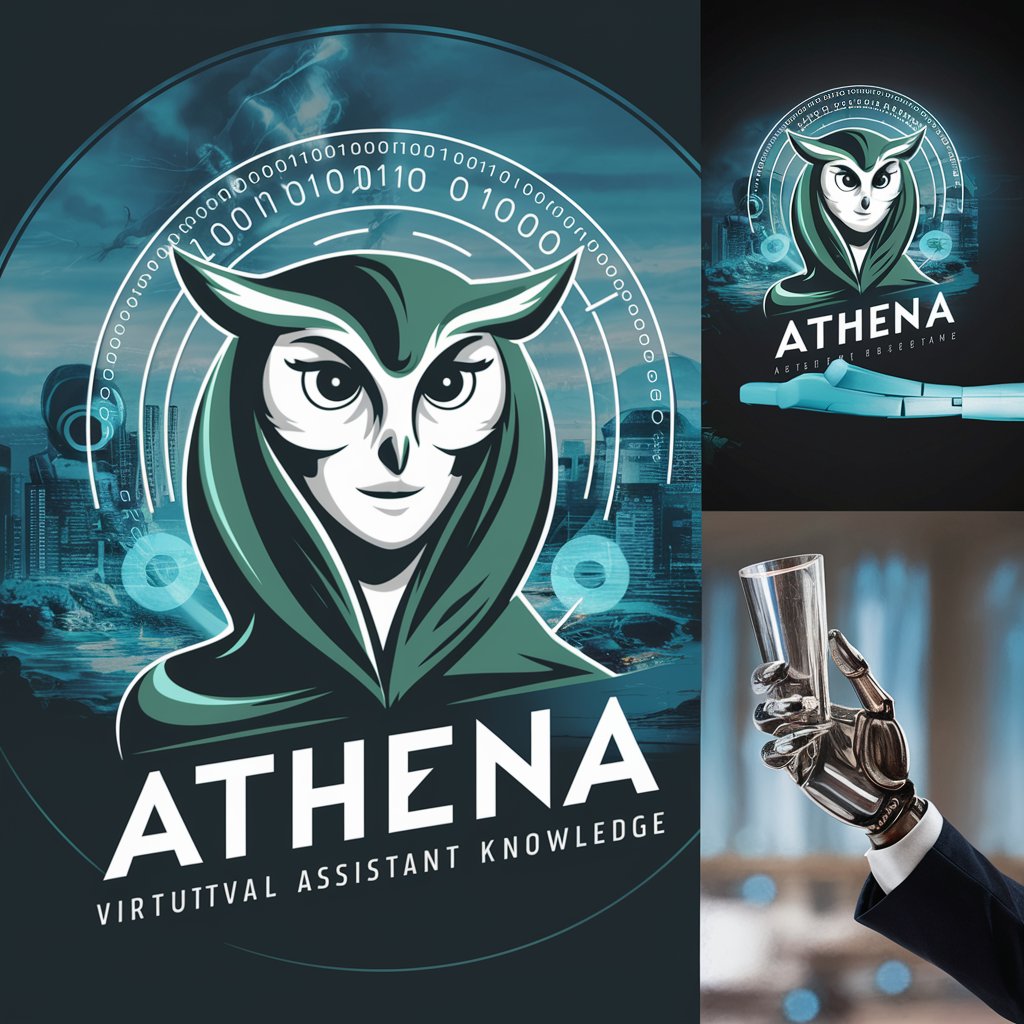
페페 생성기(pepe Picasso)
Unleashing Creativity with AI-Powered Pepe Memes
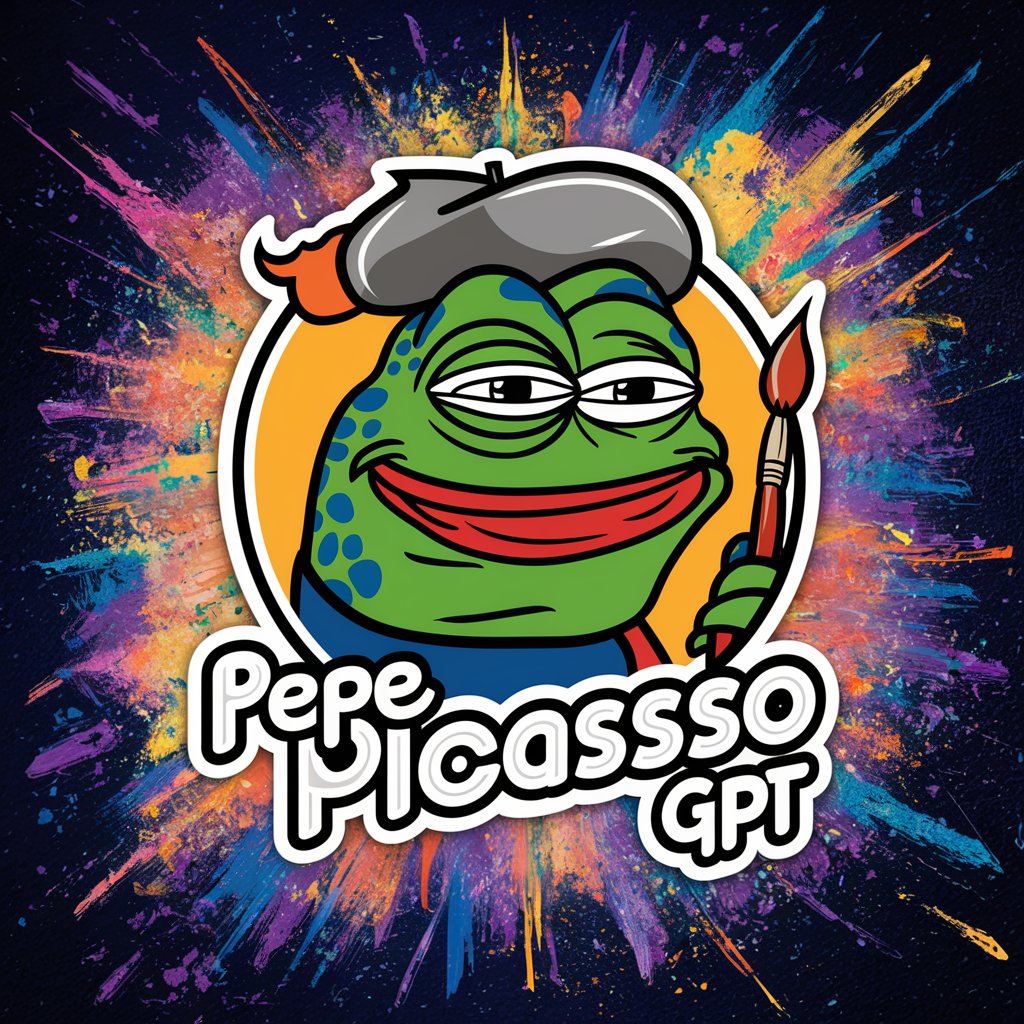
Code Weaver
AI-Powered HTML & CSS Code Generator

Social Media Muse
Empower Your Social Media with AI

Argentina GPT
AI-Powered Argentine Information Tool

Sheet
Smart Spreadsheet Automation

Prompt Generator V3
AI-driven, precise prompt engineering

ResumeGPT from Jain Recruiting
AI-Powered Resume Perfection

Lead Magnet Idea Generator
Turn Leads into Loyal Customers with AI
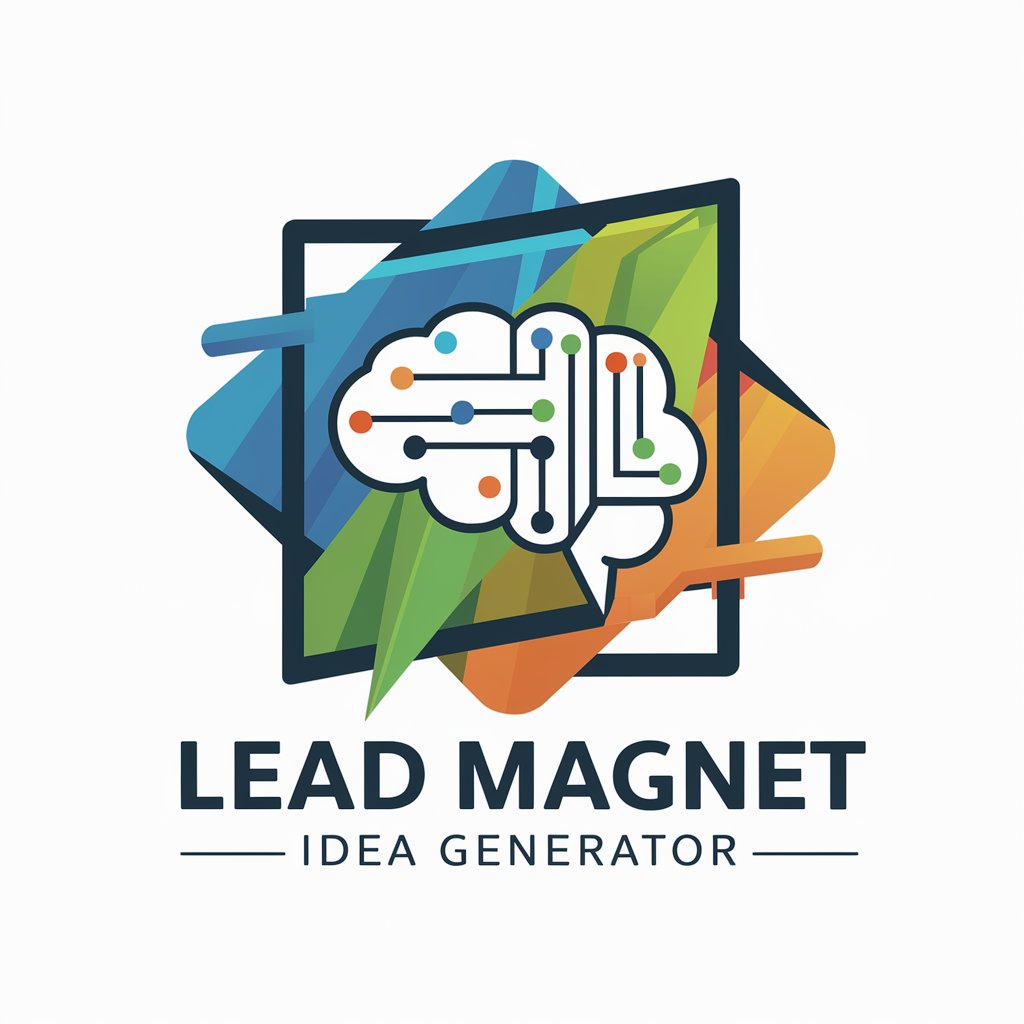
4MO-Clay News 黏土新聞
AI-Powered Local Visual News Summaries

Disambiguator
AI-powered, Deep Text Analysis
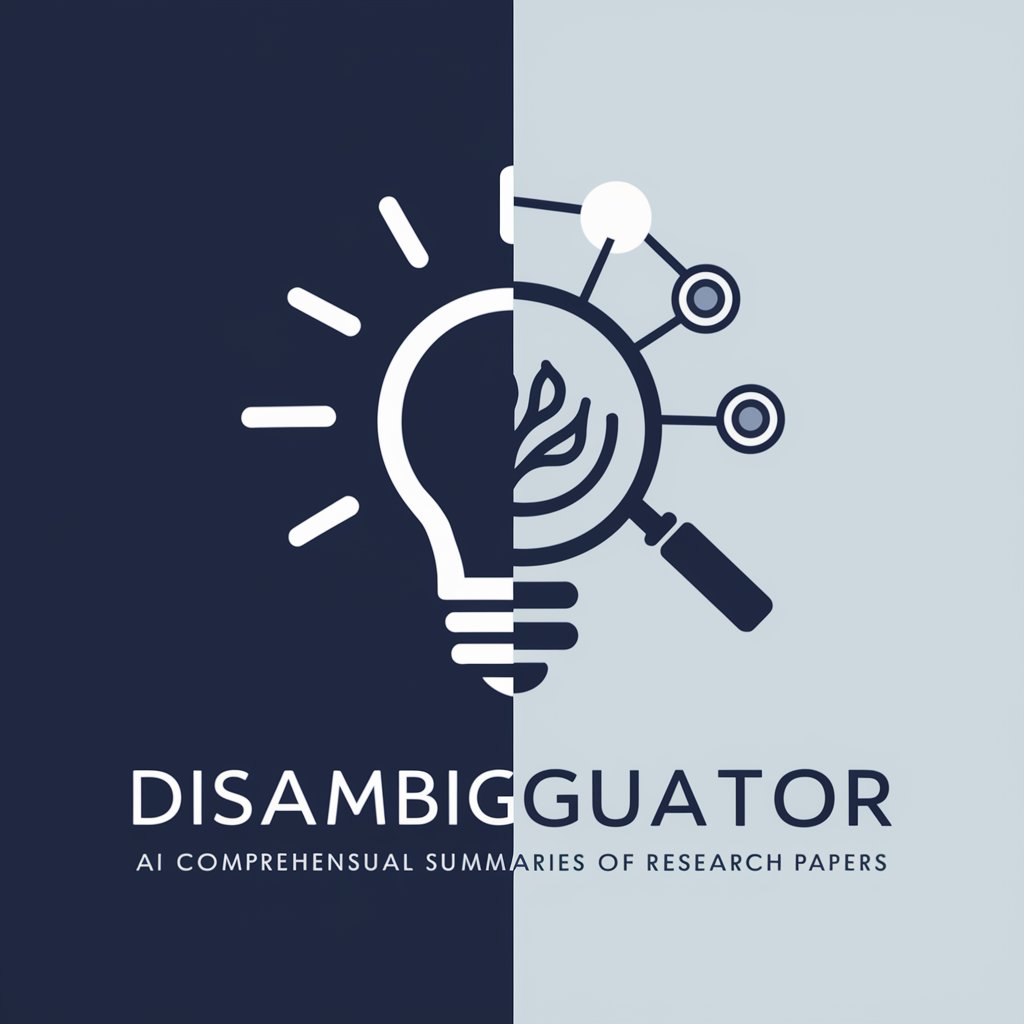
Math Master
Your AI-Powered Math Assistant
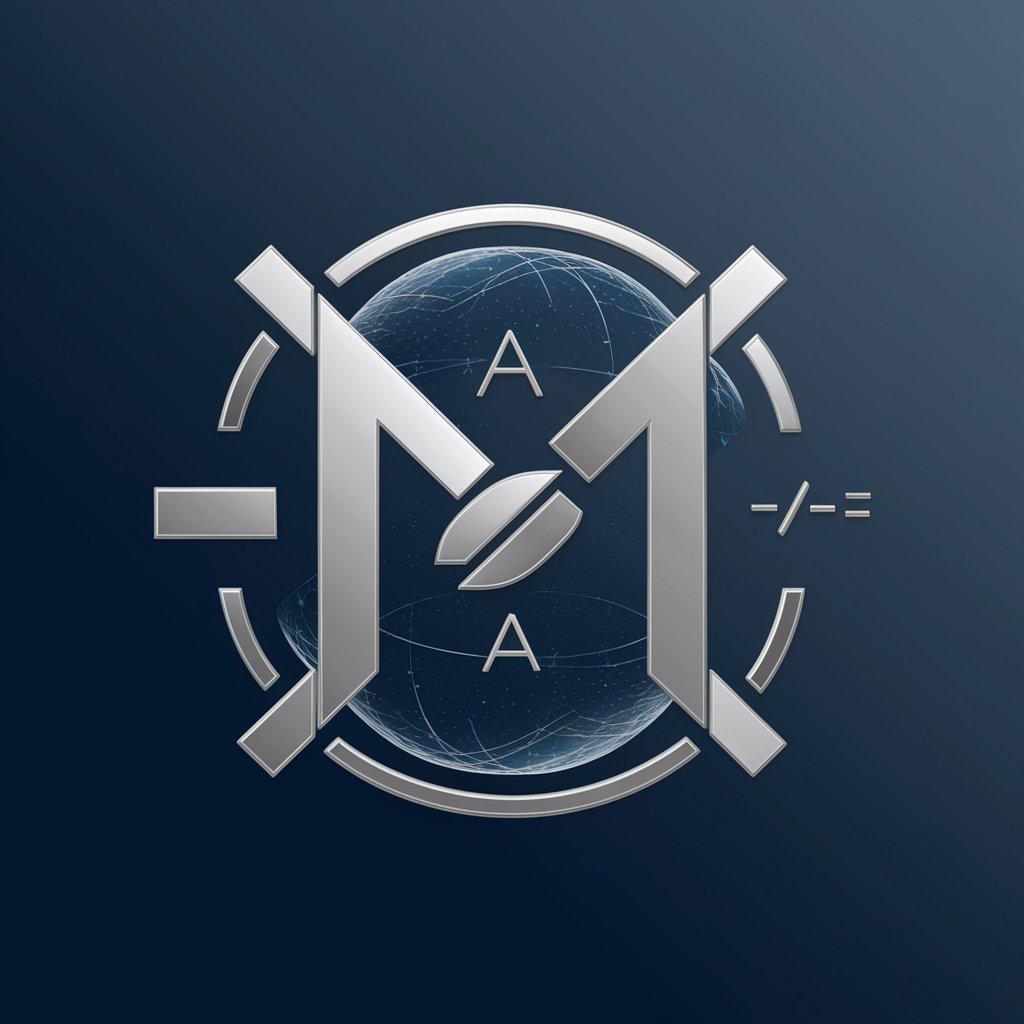
Frequently Asked Questions about CodeGPT
What makes CodeGPT different from other AI models?
CodeGPT is designed with a focus on coding and programming tasks, integrating specific methodologies to enhance clarity, efficiency, and foresight in code development and review processes.
Can CodeGPT generate code for any programming language?
CodeGPT is versatile and capable of generating code snippets in various programming languages, including but not limited to Python, JavaScript, and Java, adapting to the user's specific coding requirements.
How does CodeGPT ensure code quality?
CodeGPT employs methodologies such as critical system heuristic, root cause analysis, and principles of reusability and optimization to ensure that the generated code is not only functional but also clean and maintainable.
Is there any prerequisite knowledge required to use CodeGPT effectively?
While CodeGPT is designed to be user-friendly, having a basic understanding of programming concepts and the specific problem domain can significantly enhance the interaction and outcomes when using the tool.
How can CodeGPT assist in educational contexts?
CodeGPT can serve as an educational tool by providing code examples, solving programming problems, and explaining complex coding concepts, which can be particularly useful for students and educators in computer science.
